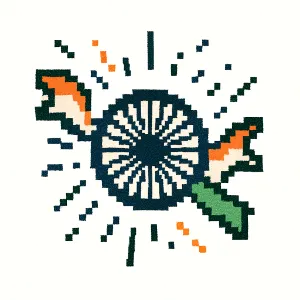
















1947
On August 15, 1947, India achieved independence from British rule, marked by Prime Minister Jawaharlal Nehru's historic "Tryst with Destiny" speech, which articulated the nation's aspirations and future path.
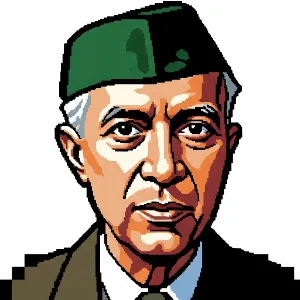
1948
Mahatma Gandhi assassinated, nation in shock: The assassination marked a tragic loss for peace and non-violence.
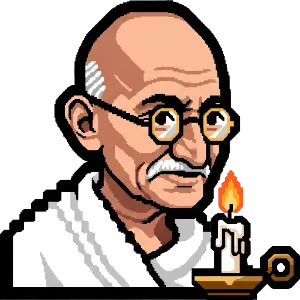
1949
Delhi becomes the official capital of the Republic of India. Although already serving as administrative capital, Delhi was formally confirmed as the capital for the new Republic.

1950
On January 26, 1950, India's Constitution was enacted, establishing the nation as a sovereign democratic republic.
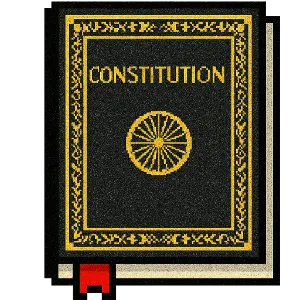
1951
The First Five-Year Plan, launched in 1951, focused on boosting agricultural production and rural development to build a self-sufficient Indian economy.

1952
The first general election of independent India, held in 1952, was the world's largest democratic exercise at the time, electing 489 Members of Parliament and establishing a multi-party system.
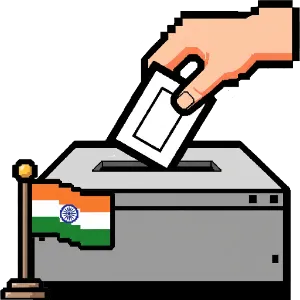
1953
In 1953, the Indian government took over Air India, originally a private airline founded in 1932, marking a significant step in nationalizing key industries.
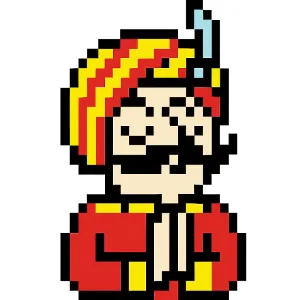
1954
The National Film Awards, instituted in 1954, are among the most prestigious film awards in India, recognizing artistic and technical excellence in Indian cinema.

1955
The tabling of the Life Insurance Corporation (LIC) bill in 1956 paved the way for the establishment of LIC, which became a dominant force in India's life insurance sector and a key instrument for mobilizing national savings.

1956
States Re-organisation Act redraws state borders on linguistic lines. Andhra Pradesh, Bombay, Kerala, and Mysore are formed.

1957
The Lalit Kala Akademi, established in 1954, is India's national academy of fine arts, dedicated to promoting and propagating Indian art and culture both within the country and internationally.

1958
"Flying Sikh" Milkha Singh sets Commonwealth Games record, and becomes the first Indian male to win athletics Gold at Commonwealth Games
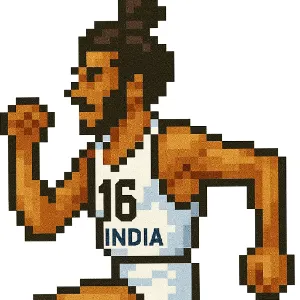
1959
Doordarshan begins experimental semi-weekly, half-hour broadcasts from Delhi.

1960
The Indus Waters Treaty signed with Pakistan. The treaty was to govern the distribution of six rivers essential for irrigation and development in the region.

1961
The Non-Aligned Movement (NAM) established to pursue independent foreign policies and promote peace during the Cold War. India was a founding member.

1962
The Sino-Indian War resulted in a military setback for India and significantly impacted the country's defense policy and international relations.

1963
American Nike-Apache launched from Thumba, near Thiruvananthapuram, Kerala. This initiated India's space program and indigenous rocket technology development from Indian soil by Indian personnel.
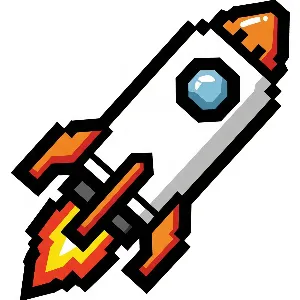
1964
Lal Bahadur Shastri sworn in as Prime Minister after India's first Prime Minister Jawaharlal Nehru dies

1965
India-Pak war over Kashmir turns into all-out battle, ends with ceasefire.

1966
India's first woman Prime Minister, Indira Gandhi, takes charge.
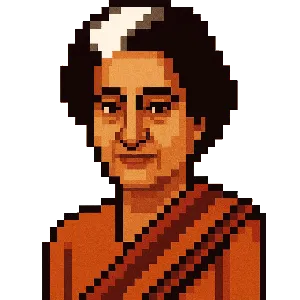
1967
The emergence of the first non-Congress state governments, notably in Kerala in 1957 by the Communist Party of India, marked the beginning of a coalition era in Indian politics.
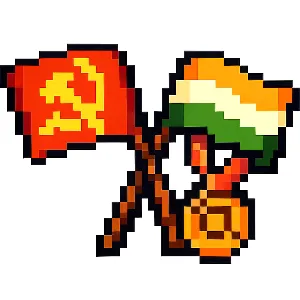
1968
Vikram Sarabhai Space Centre established, laying ISRO’s foundation.
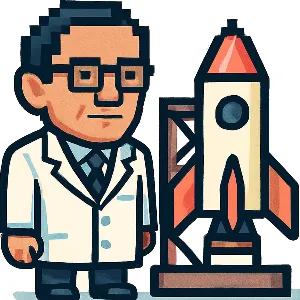
1969
14 major commercial banks nationalised. This significant move aimed to align banking with socialist goals, boosting rural lending and financial inclusion across India.
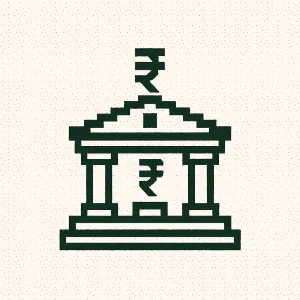
1970
Operation Flood (White Revolution) launched by Dr. Verghese Kurien. Became the world's largest dairy development program, transforming India into the largest milk producer.

1971
India wins the third Indo-Pak war. In 1971, India's victory led to the creation of Bangladesh, significantly altering the geopolitical landscape of South Asia.

1972
The Shimla Agreement, signed in 1972 between India and Pakistan, following the 1971 war. A key aspect was the commitment to settle differences through bilateral negotiations, establishing a framework for future interactions.

1973
The Chipko movement, a pioneering environmental movement, began in Uttarakhand in March/April 1973. Villagers "hugged" trees to prevent logging, highlighting the importance of forest conservation.

1974
India becomes nuclear weapons state. Pokhran-I (“Smiling Buddha”) conducted, India’s first nuclear test.

1975
The launch of Aryabhata, India's first satellite, marked India's entry into the space age and advanced scientific research.

1976
The Constitution was amended to include "Socialist" and "Secular," fundamentally altering India's stated ideological foundations.

1977
The lifting of the Emergency brought Janata Party's landslide victory in the 1977 general election. This was the first time a non-Congress party formed the central government since India's independence.

1978
The Mandal Commission recommended a 27% reservation for OBCs in government jobs and education, a decision that profoundly impacted India's social and political landscape by implementing caste-based affirmative action.

1979
Mother Teresa, an Albanian-Indian Catholic nun who founded the Missionaries of Charity in Kolkata, was awarded the Nobel Peace Prize in 1979 for her work among the poor and sick.

1980
India launches first domestic satellite, communication revolution.
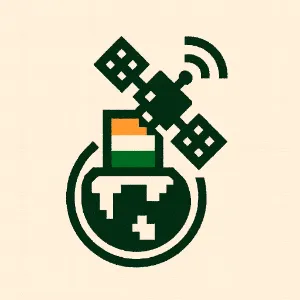
1981
Kolkata Metro becomes India’s first underground rail.

1982
Delhi hosting the Asian Games in 1982 was a significant event, coinciding with the nationwide debut of colour television in India. This marked a step forward in both sports and broadcasting.

1983
India's historic victory at the 1983 Cricket World Cup at Lord's, led by Kapil Dev, was a watershed moment for the nation, igniting a passion for cricket and establishing India as a major force in the sport.

1984
The Bhopal gas tragedy in 1984, the world's worst industrial disaster, resulted from a methylisocyanate leak at a Union Carbide plant, causing widespread death and long-term health issues.

1985
The Ganga Action Plan, launched in 1986, was India's first major initiative to clean up the heavily polluted Ganga River. This ambitious project aimed to improve water quality and reduce pollution.

1986
The New National Policy on Education, introduced in 1986, aimed to modernize India's education system, focusing on equal opportunity and increased access for all.

1987
The Bofors scandal, which emerged in the late 1980s, involved allegations of corruption in India's defense procurement, specifically a deal for Bofors artillery guns.
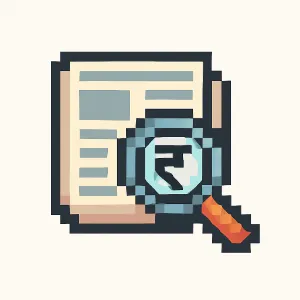
1988
The Securities and Exchange Board of India (SEBI) was established by ordinance in 1988 as the capital-market watchdog. This was a crucial step in regulating India's burgeoning financial markets.
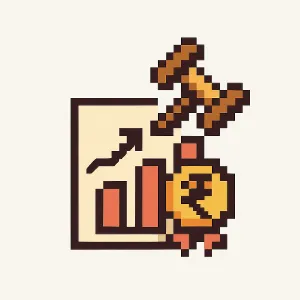
1989
The first successful test of the indigenously built Agni-I ballistic missile in 1989 marked a significant milestone in India's defense capabilities, especially its self-reliance in advanced military technology.
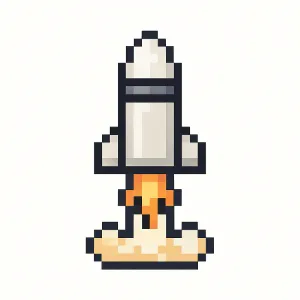
1990
Massive protests erupted across India following the Mandal Commission's recommendations for caste-based reservations, highlighting deep societal divisions and sparking intense debate.

1991
Manmohan Singh's announcement of economic reforms in 1991 was a pivotal moment, triggering liberalization and reshaping India's economy by opening it up to global markets.
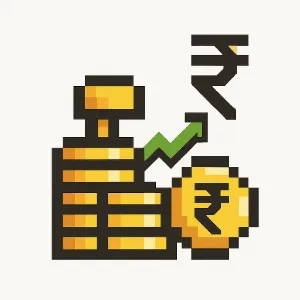
1992
The demolition of the Babri Masjid on December 6, 1992, ignited widespread communal riots across the nation, marking a deeply divisive moment in India's history.

1993
The establishment of the National Stock Exchange (NSE) in 1992 revolutionized India's capital markets by introducing an automated trading platform. This increased transparency and efficiency, and helped in India's integration into global financial systems.

1994
Sushmita Sen made history in 1994 by becoming the first Indian woman to win the Miss Universe title. This achievement brought immense pride to the nation and opened doors for Indian women in the international glamour industry.

1995
VSNL's launch of public internet access on August 15, 1995, marked the dawn of the internet revolution in India. This pivotal moment opened up a new era of connectivity, information exchange, and digital transformation for the nation.

1996
Leander Paes secured India's first and only Olympic medal in tennis at the 1996 Atlanta Games, winning a bronze. This historic achievement was a landmark moment for Indian tennis.

1997
First GSM mobile call placed in Kolkata. This landmark event was placed between then-Telecom Minister Sukh Ram and West Bengal Chief Minister Jyoti Basu, marking the dawn of mobile connectivity in India.

1998
Vajpayee government conducts Pokhran-II - five nuclear tests codenamed Operation Shakti. These tests, conducted in May 1998, led to international sanctions but also solidified its strategic independence, influencing global geopolitical dynamics.
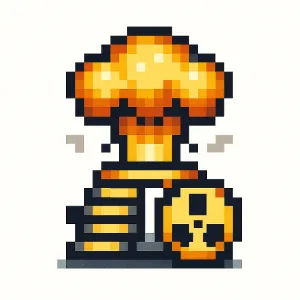
1999
Kargil war ends in Indian victory, India regains key posts. This high-altitude conflict demonstrated India's military resolve, strategic capabilities, and its commitment to territorial integrity.
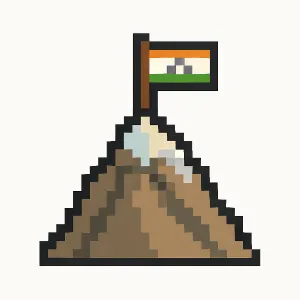
2000
India’s population officially crosses 1 billion-mark. This demographic milestone highlighted the nation's immense size and growth, prompting discussions about resource management, development challenges, and opportunities presented by its vast human capital.

2001
Bhuj earthquake strikes Gujarat on 26 Jan. This devastating earthquake caused widespread destruction and loss of life, highlighting the vulnerability of regions to natural disasters.

2002
APJ Abdul Kalam elected 12th President of India. Renowned as the 'Missile Man,' Dr. Kalam became a beloved People's President. He inspired millions with his vision for a developed India, emphasizing education, innovation, and self-reliance.
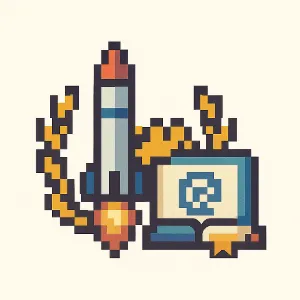
2003
India–Pakistan announce LoC cease-fire, easing tensions. It symbolized renewed efforts toward de-escalation, offering hope for improved bilateral relations and reducing conflict's human cost.

2004
Indian-Ocean tsunami devastates east coast and Andaman & Nicobar Islands.

2005
Right to Information Act passed. This landmark act empowered citizens to access government information, promoting transparency and accountability. It empowered public scrutiny of official actions.

2006
India–US Civil Nuclear Agreement normalized India's nuclear status, and ended decades of isolation, integrating India into the global nuclear framework, and solidifying India's position as a responsible nuclear power.

2007
Pratibha Patil becomes India’s first woman President. Her election was a landmark moment for gender equality and women's empowerment in Indian politics.

2008
Chandrayaan-1 launched, contributing to water molecule discovery on Moon. This historic lunar mission solidified India's space capabilities, placing it among elite spacefaring nations.

2009
UIDAI approved; Aadhaar biometric ID project begins. This project aimed to provide a unique identification number to every Indian resident, enhancing access to government services and promoting financial inclusion across the nation.
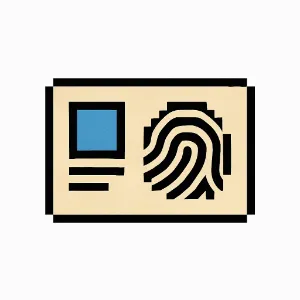
2010
India makes free and compulsory education a fundamental right for children aged 6-14. This landmark act aimed to ensure quality education for all, fostering literacy and socio-economic development.

2011
India wins Cricket World Cup after 28 years. This victory, on home soil, was a momentous occasion, uniting the nation and solidifying cricket's status as a national passion.

2012
‘Nirbhaya’ gang-rape spurs safety reforms, changes to laws on crimes against women. This horrific event sparked nationwide outrage, leading to significant legal amendments and heightened awareness campaigns.

2013
Supreme Court introduces 'None of the Above' (NOTA) option on EVMs. This landmark decision empowered voters to reject all candidates while still participating, strengthening democratic expression.

2014
Mars Orbiter Mission (Mangalyaan) enters Mars orbit - first Asian nation to do so. This historic achievement showcased India's cost-effective space prowess, making ISRO a global leader.

2015
India launches its first indigenous communications satellite GSAT-6. It marked a crucial step towards advanced satellite services for national development and security.

2016
₹500, ₹1,000 notes demonetised overnight. This drastic move aimed to curb black money, counterfeit currency, and terrorism financing. While it caused significant disruption and debate, it pushed India towards a more digital econom.
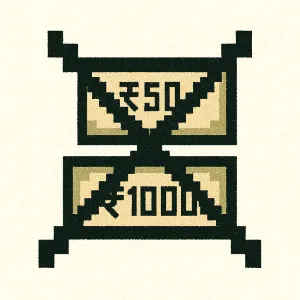
2017
GST rolls out, one of the biggest indirect tax reforms. The Goods and Services Tax (GST) unified India's complex tax structure, simplifying compliance and fostering a common national market.

2018
Supreme Court decriminalizes homosexuality (Section 377 struck down). This landmark ruling affirmed LGBTQ+ rights, promoting equality and challenging discrimination.

2019
Abrogation of Article 370: Special status of Jammu & Kashmir revoked, state bifurcated. This landmark decision removed the special constitutional provisions for J&K and reorganized it into two Union Territories.
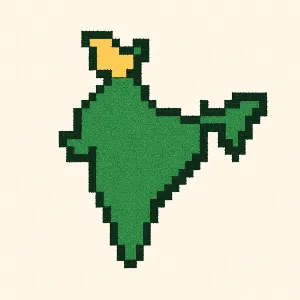
2020
Galwan Valley clash with China, soldiers killed in border fight. This deadly confrontation marked a significant escalation in border tensions between India and China, leading to casualties on both sides for the first time in decades.

2021
India crosses 1 billion COVID vaccine doses (21 Oct). It underscored national resilience, solidifying India's role in global health efforts and providing crucial protection to its vast population.

2022
Nation gets first tribal President, Draupadi Murmu. Her election marked a historic moment for marginalized communities, signifying inclusive governance and inspiring millions.

2023
Chandrayaan-3 successfully lands on Moon: India is first to reach lunar south pole. This historic lunar landing cemented India's position as a major space power and the first to reach the Moon's south pole.

2024
India’s chess teams win gold at Chess Olympiad. This historic victory highlighted India's growing prominence in global chess, inspiring new talent and boosting the sport's popularity nationwide.

2025
India celebrates its 79th Independence Day on Aug 15, 2025. Happy Independence Day!
